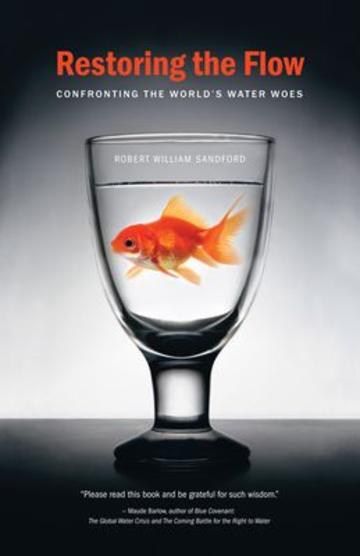About BC Books Online
BC Books Online was created for anyone interested in BC-published books, and with librarians especially in mind. We'd like to make it easy for library staff to learn about books from BC publishers - both new releases and backlist titles - so you can inform your patrons and keep your collections up to date.
Our site features print books and ebooks - both new releases and backlist titles - all of which are available to order through regular trade channels. Browse our subject categories to find books of interest or create and export lists by category to cross-reference with your library's current collection.
A quick tip: When reviewing the "Browse by Category" listings, please note that these are based on standardized BISAC Subject Codes supplied by the books' publishers. You will find additional selections, grouped by theme or region, in our "BC Reading Lists."
I believe that it is up to people like us to find the language, create the images and imagine the solutions that will allow us to break out of the vicious circle that threatens public health by threatening our landscapes and water sources . . . Together we can work toward this end. And, we can do it with humour. We can do it with style. And we can do it with grace.
Try as we might, parts of North America may not escape the impacts of the global water crisis. The same kinds of water supply and quality issues that have appeared around our crowded planet are already beginning to present themselves here. Unfortunately, this is occurring at a time when, as a direct result of declining global food production, the world is beginning to rely more heavily than ever on agricultural communities in North America to help meet increasingly unattainable food-production goals.
Instead of waiting for a water crisis of our own, North Americans may well wish to put the lessons learned elsewhere in the world into active practice. By using the example of others to put our own water-management house in order, North America can possibly avoid the same kinds of problems other countries are facing with respect to the protection of water resources. At the same time, we can employ enlightened attitudes toward the management of water resources to advance many of our own ecological and economic sustainability goals.
Passionately conceived, clearly written and citing concrete examples from all over the world, Restoring the Flow is an approachable yet authoritative source, one of the many implements concerned citizens, government officials, businesspeople and policymakers can use and reuse in understanding and addressing this ever-growing global crisis.
Employing detailed case studies from countries such as Australia and Spain, he examines how poor water management and increasing human demand could cause similar droughts on Canada’s prairies.—Canadian Geographic



